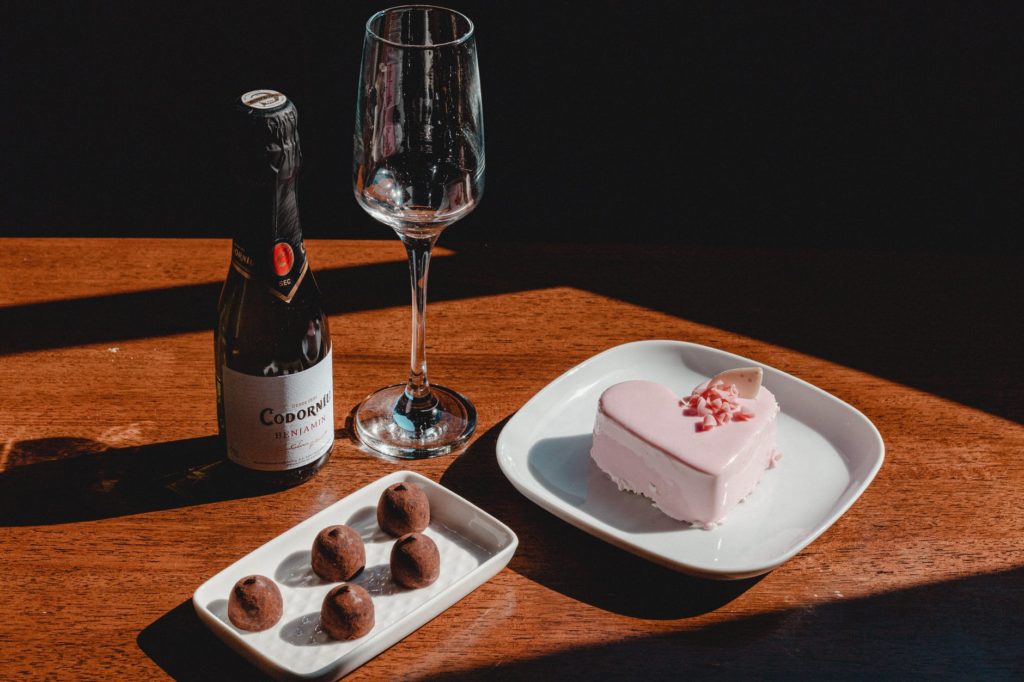When it comes to pairing drinks with food, there is no one-size-fits-all answer. The best approach is to think about the flavors of both the drink and the food and try to find a balance between them. This is not always easy, but with a little practice, you can become a connoisseur of drink and food pairings.
1. Start by thinking about the flavor of the drink
When you are thinking about the flavor of a drink, consider the type of alcohol it contains, as well as any additional flavors. For example, a vodka-based drink will have a different flavor profile than a rum-based drink. Think about the sweetness or bitterness of the drink and whether it will clash with the flavors of the food. Consider having your water filtered to perfectly cleanse your palate and balance out the flavor of the main drink. If you are looking for a session beer, then wheat beers, pale ales and English bitter can be great for mealtimes. This is due to their flavor profile, which tends to be maltier, less hoppy, and more balanced than some of the other types of beers. It’s important to remember that drinks with high alcohol content can overwhelm the flavors of food.
2. Consider the flavor of the food
When you are thinking about the flavor of food, consider the main flavors in the dish and how they will work with the drink. For example, a sweet drink might be a good pairing for a sweet dish, while a sour drink could be paired with a sour dish. The flavors of the dish can also help to balance out the flavor of the drink. For example, if you are eating something spicy, then you might want to drink something that is light and refreshing, like a soda or iced tea. Similarly, if you are eating something rich and fatty, then you might want to drink something light and fruity. This is not an exhaustive list, but it can help to give you a starting point. It’s also important to experiment with different combinations to see what you like the best.
3. Think about the texture of the food and drink
Another thing to consider when pairing drinks with food is the texture of both the food and drink. For example, a drink that is thick or creamy might not be a good pairing for a dish that is also thick or creamy. This is because the two textures will clash with each other. Similarly, if the drink is carbonated, it may not be a good pairing for a dish that is also bubbly. Again, this is not an exhaustive list, but it can help to give you some ideas. If you are not sure whether a particular food and drink combination will work, then it’s always best to experiment. This is the best way to discover what you like the most.
4. Consider the temperature of the food and drink
Another thing to consider when pairing drinks with food is the temperature of both the food and drink. For example, a cold drink might be a good pairing for a cold dish, while a hot drink might be a good pairing for a hot dish. This is because the temperature of the food and drink will help to balance each other out. If you are looking for a refreshing drink to pair with your meal, then consider something that is cold or iced. If you are looking for a warming drink to pair with your meal, then consider something that is hot. Again, this is not an exhaustive list, but it can help to give you some ideas.
5. Pair similar flavors
When you are pairing drinks with food, it’s often a good idea to pair similar flavors together. This is because the two flavors will complement each other. For example, if you are eating a dish with a lot of spices, then you might want to drink a beer that has some similar spices. This will help to enhance the flavor of both the food and drink. Alternatively, if you are eating a sweet dish, then you might want to drink a sweet drink, like fruit juice or soda. By pairing similar flavors together, you can create an enjoyable dining experience.
6. Pair contrasting flavors
Another thing to consider when pairing drinks with food is the contrast between the flavors of the two items. For example, if you are eating a spicy dish, then you might want to drink something that is sour or bitter. This is because the contrast between the flavors will help to enhance both of them. Alternatively, if you are eating a sweet dish, then you might want to drink something that is salty or savory. By pairing contrasting flavors together, you can create an interesting and unique dining experience.
When it comes to pairing drinks with food, there are no hard and fast rules. However, by considering the different factors listed above, you can create food and drink pairings that are both delicious and satisfying. So, next time you are planning a meal, take some time to think about the drinks that would go best with it. And, most importantly, experiment to see what you like the best.
